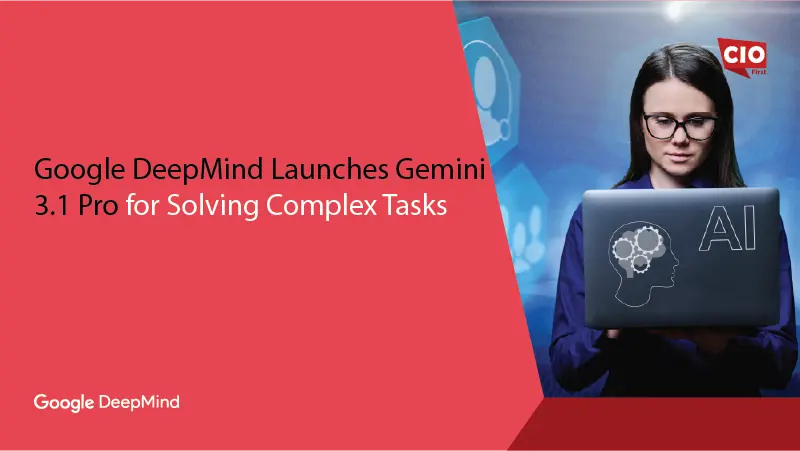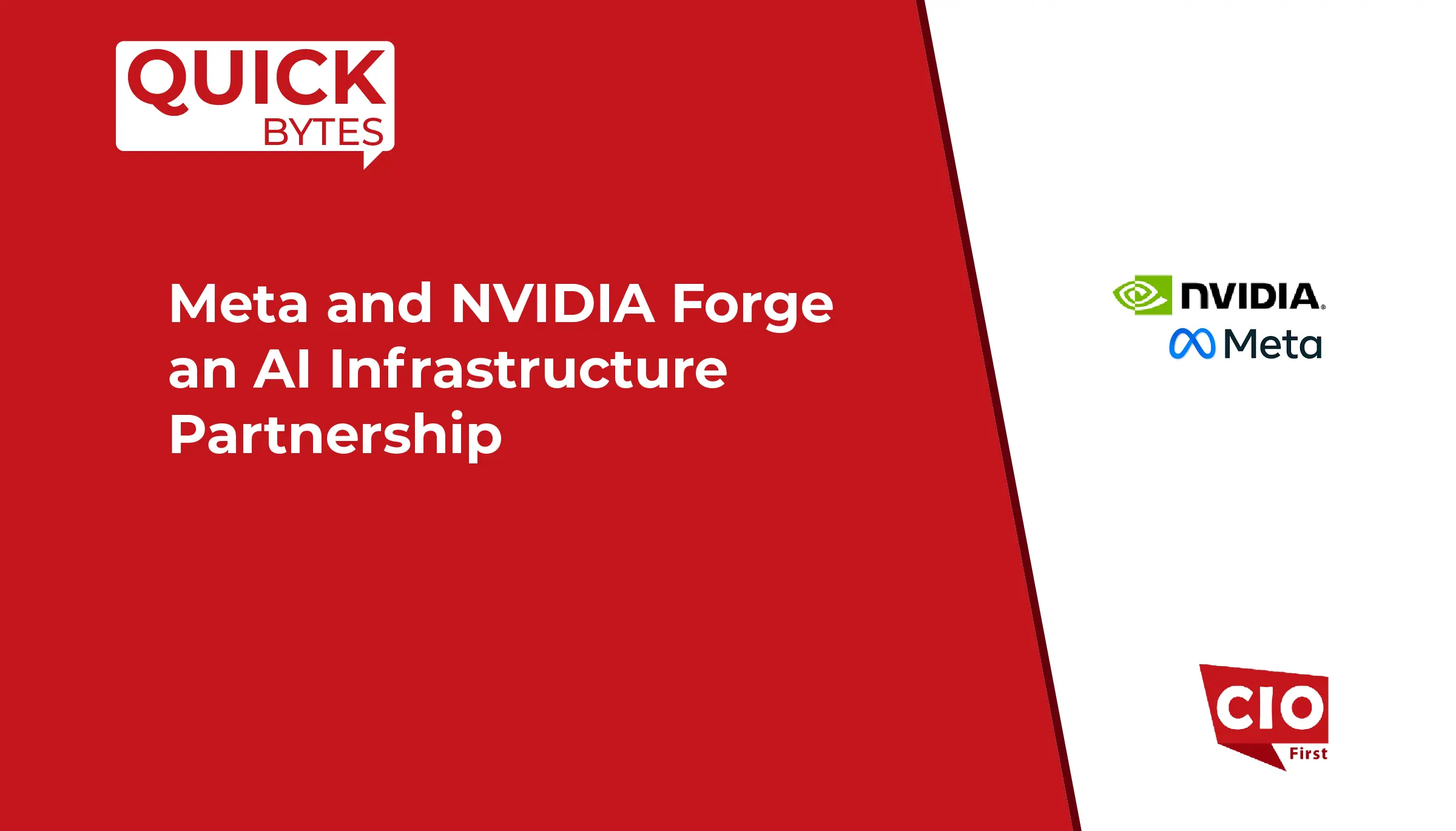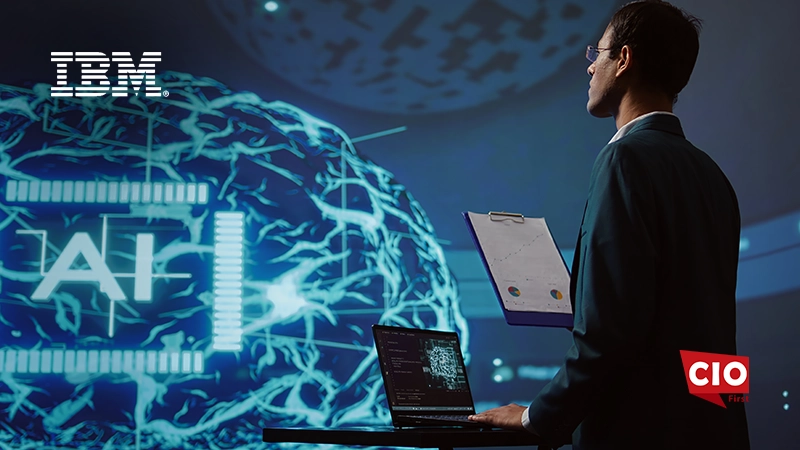IBM has introduced the fifth generation of its LinuxONE platform, the LinuxONE Emperor 5, designed to meet the evolving demands of enterprise computing by enhancing security, cost-efficiency, and AI capabilities.
Powered by the IBM Telum II processor, which features built-in AI acceleration, the LinuxONE Emperor 5 aims to streamline data processing and bolster real-time analytics. This advancement is particularly significant for industries requiring rapid and secure data handling.
Enhanced Security Measures
The LinuxONE Emperor 5 extends IBM’s commitment to cybersecurity by incorporating confidential computing, increased cryptographic bandwidth, and support for NIST-standardized post-quantum algorithms. These features are designed to protect sensitive workloads and data against both current and emerging threats, including potential quantum computing vulnerabilities.
Integration with Red Hat OpenShift Container Platform allows for the use of confidential containers, safeguarding data in use, which is crucial for AI applications handling sensitive information. Additionally, compatibility with IBM Vault Self-Managed enhances secrets management across hybrid environments.
Also Read: Ceto Launches Nova: Transforming Profitability for Community Banks and Credit Unions
Cost-Efficiency and Sustainability
Addressing operational costs and environmental concerns, the LinuxONE Emperor 5 enables organizations to consolidate workloads, potentially reducing the total cost of ownership by up to 44% over five years compared to equivalent x86 systems. This consolidation also contributes to lower energy consumption and optimized data center space utilization.
The system is engineered for high availability, offering up to 99.999999% uptime, which is critical for businesses that require continuous operations and minimal downtime.
AI Integration and Performance
The inclusion of the Telum II processor facilitates the deployment of AI models directly within transactional workflows, enhancing the speed and accuracy of data-driven decisions. IBM plans to augment this capability with the forthcoming Spyre Accelerator, a PCIe card expected to be available in late 2025, to support generative AI applications.
To assist developers, IBM has updated its AI Toolkit for LinuxONE, optimizing it for the Telum II processor, thereby simplifying the development and deployment of AI solutions.
Furthermore, IBM is previewing Red Hat OpenShift AI and OpenShift Virtualization on the LinuxONE Emperor 5, aiming to provide a unified platform for managing both virtual machines and containerized workloads.
With the launch of the LinuxONE Emperor 5, IBM continues to advance its enterprise computing solutions, focusing on security, efficiency, and AI integration to meet the complex needs of modern businesses.
























